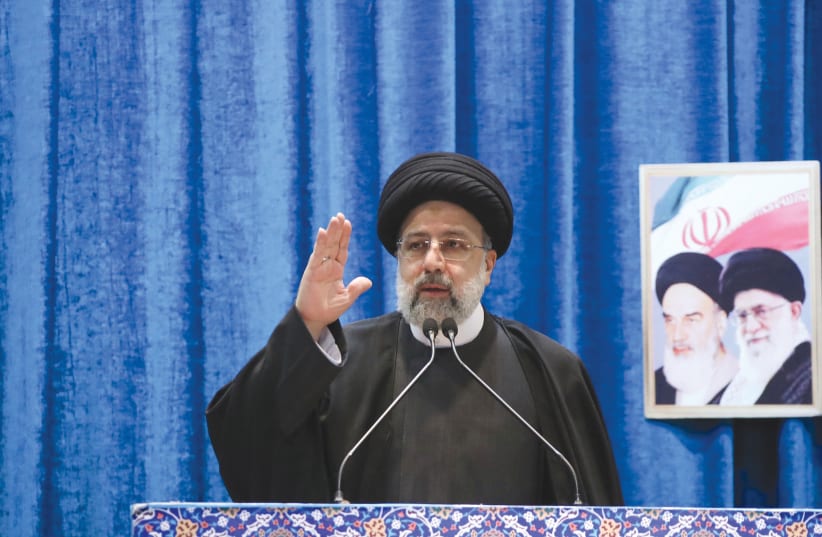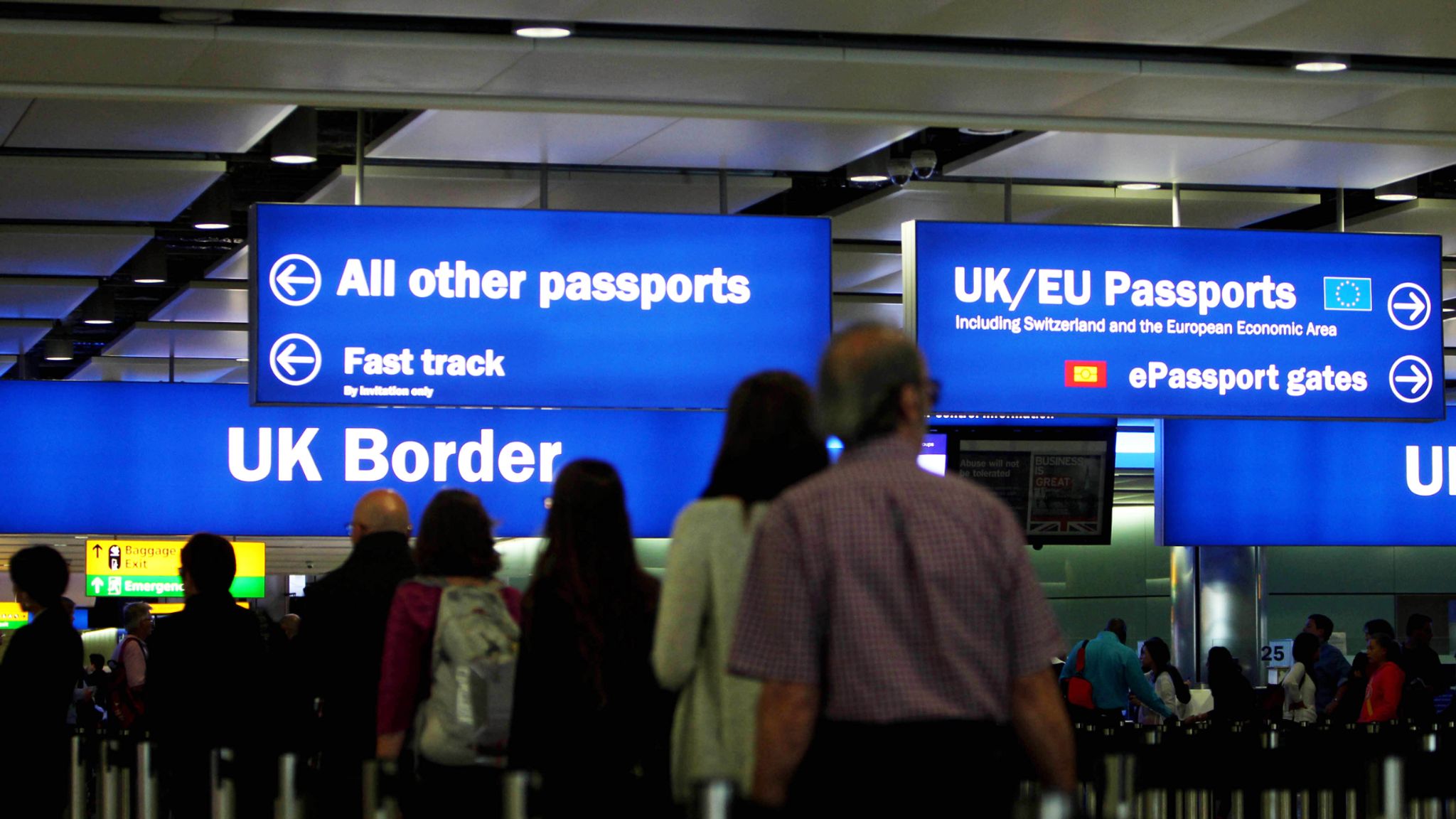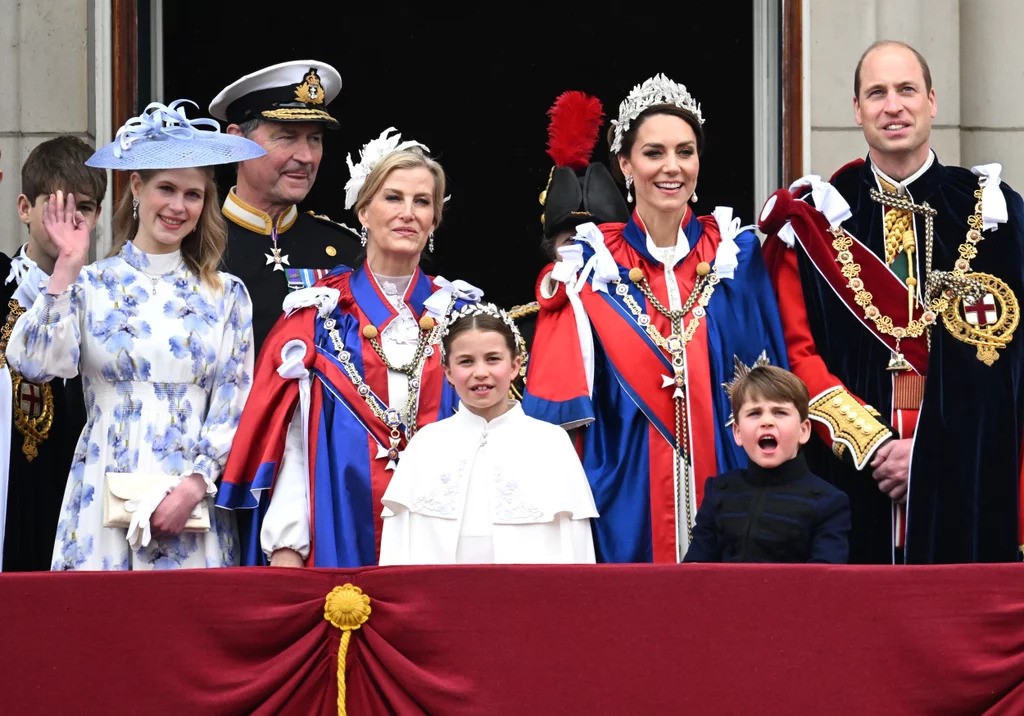South Africa is pulling out of the international criminal court (ICC) because its obligations are inconsistent with domestic laws giving sitting leaders diplomatic immunity, the country’s justice minister, Michael Masutha, has said.

Pretoria said last year it planned to leave the ICC after receiving criticism for ignoring a court order to arrest the visiting Sudanese president, Omar Hassan al-Bashir, who is accused of genocide and war crimes. Bashir has denied the accusations.
On Friday at a press conference in the capital, Masutha said: “The implementation of the Rome statute of the International Criminal Court Act 2002 is in conflict and inconsistent with the provisions of the Diplomatic Immunities and Privileges Act 2001.”
Any move to leave would take effect one year after notice is formally received by the United Nations secretary general, currently Ban Ki-moon.
Earlier on Friday the public broadcaster SABC published a document outlining the withdrawal plan.
The document was signed by South Africa’s minister of international relations and cooperation, Maite Nkoana-Mashabane, and dated 19 October.
“The Republic of South Africa has found that its obligations with respect to the peaceful resolution of conflicts at times are incompatible with the interpretation given by the international criminal court,” the document states.
The international criminal court opened in July 2002 and has 124 member states. It was the first legal body with permanent international jurisdiction to prosecute genocide, crimes against humanity and war crimes.
Burundi appeared set to become first state to withdraw from the Rome statute, the 1998 treaty establishing the global court, after its parliament voted last week to leave. The president, Pierre Nkurunziza, signed a decree on Tuesday, but the UN has not yet been officially notified.
Several African countries have expressed concern that the focus of the Hague-based court has been on Africa rather than elsewhere in the world. – online reports






